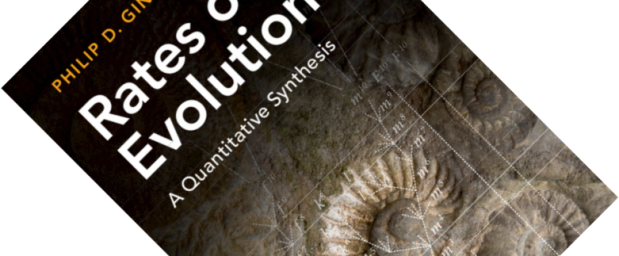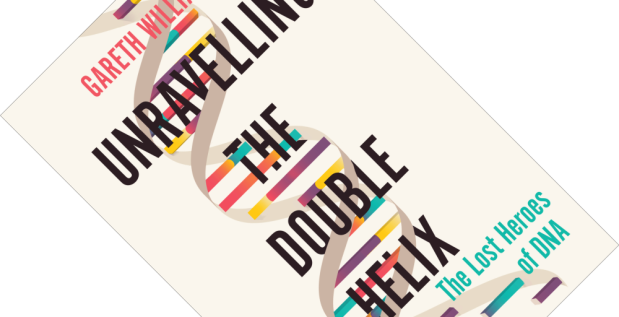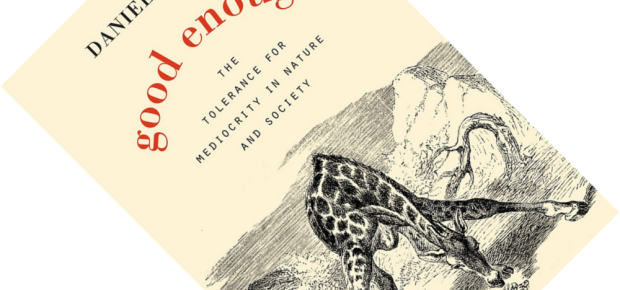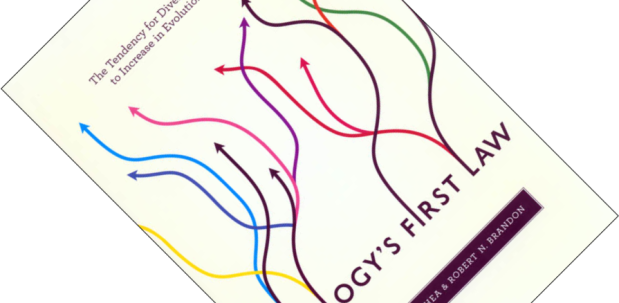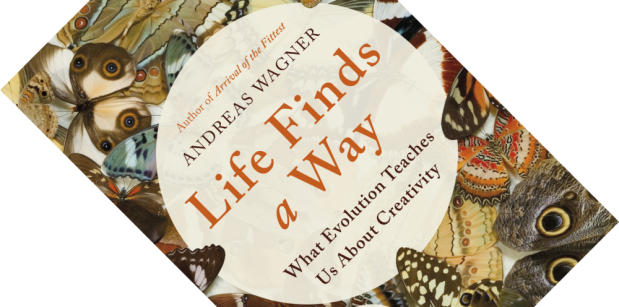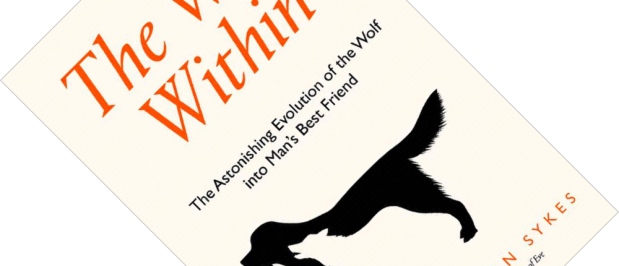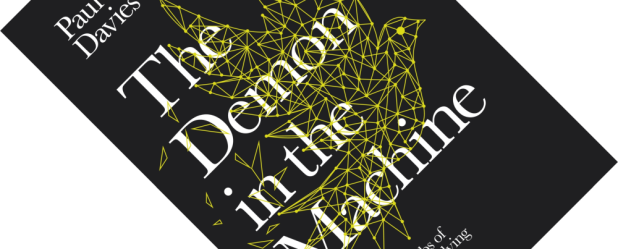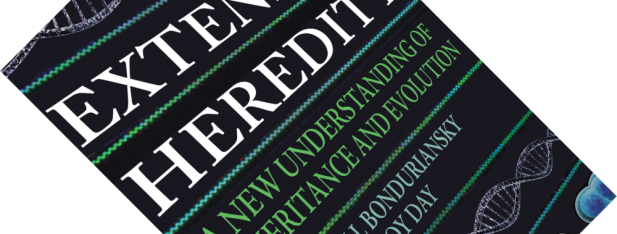7-minute read
The question of the tempo of evolution cuts right to the heart of evolutionary theory. Emeritus professor in evolutionary biology (and a list of other disciplines) Philip D. Gingerich here takes an empirical stab at quantifying how fast evolution happens, something which has not been done very often. The resulting Rates of Evolution is a technical monograph for an academic audience that contains thought-provoking ideas.

